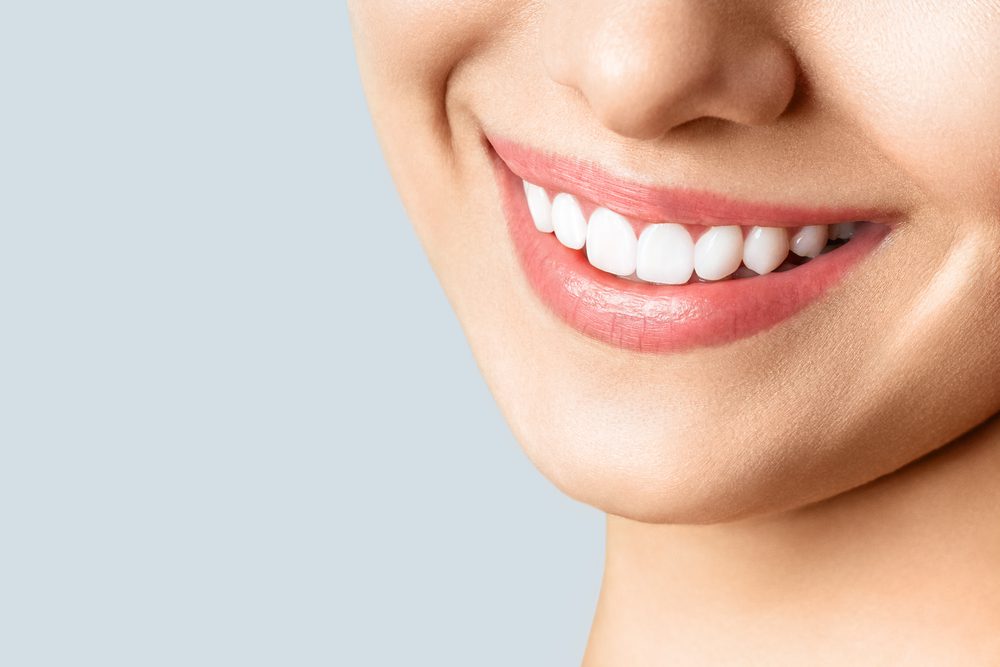Are you suffering from sleep apnea? Here’s why you should treat it!
The way sleep apnea works is that those who are affected by it suffer a full or partial collapse of their breathing tube, which means they will totally or partially stop breathing while they are sleeping. And yes, this is as bad as it sounds.
Besides the fact that you’ll feel tired in the morning, sleep apnea can cause high levels of carbon dioxide, which can further lead to heart disease, high blood pressure, and, in severe cases, premature death.
In addition to snoring, sleep apnea has been related to psychological problems, aggressive behaviors, and a lower quality of life. Almost 39 million people in the United States suffer from obstructive sleep apnea. Despite all of this, up to 80% of cases remain undetected, putting millions of individuals at risk of significant health issues.
Why do people ignore sleep apnea?
One of the first signs of this condition is snoring. Unfortunately, many people don’t see snoring as something dangerous, and many even consider it funny. But in reality, this is an indicator of sleep apnea.
Also, there are also people who don’t notice there is something wrong with them until they wake up more and more tired in the morning. And even then, many blame it on old age.
If you are snoring and all of a sudden you stop in between snoring, there is a high chance that you have sleep apnea. This is why it is important to ask your family to listen to you snoring so you can make sure everything is alright.
Also, you can talk to your dentist because sometimes they can see the signs of obstructive sleep apnea because there are some marks that can appear on your tongue and inside the mouth.

Better heart health
When you are suffering from this condition, your breathing will be interrupted repeatedly, and this will cause fluctuations in your blood pressure. Your oxygen levels will also be affected, and this will only result in a lot of stress on your cardiovascular system.
So, you should try to get treated as fast as possible because you want to have stable oxygen levels. Your heart and blood vessels want this, and you should try to help them. Your body tells you what it needs, and you have to take action.
Chronic sleep apnea strains your heart, lungs, blood vessels, and brain. Sleep apnea that is untreated generally causes an increase in blood pressure over time, which can have serious repercussions. So, if you take quick action, you can reduce the risk of heart attack and stroke.
Improved metabolism
Sleep apnea is no joke, and it can terribly mess with your body’s hormonal balance. Why does this matter? Because this can critically affect your metabolism as a result of poor sleep.
This condition interrupts slow-wave sleep—often called “deep sleep,” which is essential for the release of hormones that regulate glucose and weight. During the deep sleep stage, your body releases hormones such as growth hormone and insulin. When the normal production cycle of these hormones is interrupted, it can lead to problems like insulin resistance, which is associated with a higher risk of type 2 diabetes, as well as difficulty maintaining or losing weight.
Addressing sleep apnea is an emergency, and doctors have results that show us how taking care of this issue quickly improves our metabolic health. Once you and your doctor find a treatment that is effective, you will experience fewer sleep interruptions, and your body will be able to easily take care of its hormones alone.
Also, once you start treating sleep apnea, leptin, and ghrelin, which are hormones that control hunger and satiety, will also have a positive impact. This means better weight management and a lower risk of obesity-related health problems.
More energy
A constant state of exhaustion is not something new for those who are struggling with sleep apnea. Those multiple micro-awakenings throughout the night have a greater impact than you could even imagine. But if this is your case more, then probably you can feel it in the morning and also all day long.
Maybe you are not aware of it, but you are waking up in the middle of the night multiple times, and this results in you never feeling refreshed and energized. People who are suffering from this condition describe that they are always depleted of energy, and many report an overwhelming urge to nap during the day, often even when they’ve spent enough time in bed.
So, an almost immediate benefit of treating sleep apnea is an energy boost. You’ll feel reborn and able to do all the activities you were too tired to do. One of the most popular treatment options is Continuous Positive Airway Pressure (CPAP) therapy. This works by keeping the airway open during sleep. This will allow you to breathe freely and avoid frequent sleep interruptions.
Say goodbye to brain fog and mood, concentration, and productivity disruptions.
Lower risk of cognitive decline
This is a lesser-known benefit, but treating sleep apnea can have a tremendous effect on brain health. When you can’t breathe properly, your brain will receive less oxygen. As a result, this fundamental organ will not be able to complete its essential restorative processes. What does this mean? An increased risk of cognitive decline, dementia, and even mental health issues like depression.
Research has shown that those who have untreated sleep apnea have a higher risk of developing Alzheimer’s disease and other forms of dementia. Low oxygen levels during the night also disrupt the balance of neurotransmitters in the brain. Serotonin and dopamine are both essential for a sense of well-being.
Doctors have noticed that those who suffer from sleep apnea don’t respond well to antidepressants. This suggests that unresolved sleep may be compromising mental health therapies, making it more difficult for patients to overcome depression or anxiety.

Sleep apnea treatments
The main treatment is CPAP (continuous positive airway pressure). It involves putting on a mask attached to a machine that provides a steady flow of oxygen in order to keep your airways open while sleeping. CPAPs are extremely successful, yet they may not be suitable for all individuals due to discomfort, mask leaking, or claustrophobia.
Then we have another popular option, OAT (oral appliance therapy). OAT involves custom-made mouthpieces that are meant to rearrange the jaw and tongue in order to keep the airway open during sleep. Patients who are uncomfortable with CPAP frequently prefer it. OAT can be used to treat moderate to severe OSA and is less intrusive than surgery.
There are also surgical methods such as upper airway stimulation (where a device is implanted to stimulate breathing) or other corrective surgeries.
Weight loss, positional therapy, medication, and myofunctional therapy are all noninvasive methods, and some of them work really well for some people. This is why it’s important to talk to your doctor and find the best alternative for you.
If you need a quick solution until you go to the doctor, you can try these, as people say they are very effective: Breathe Right Original Nose Strips to Reduce Snoring and Relieve Nose Congestion
You should also read: COVID Levels Are Extreme Right Now in These 12 States

























